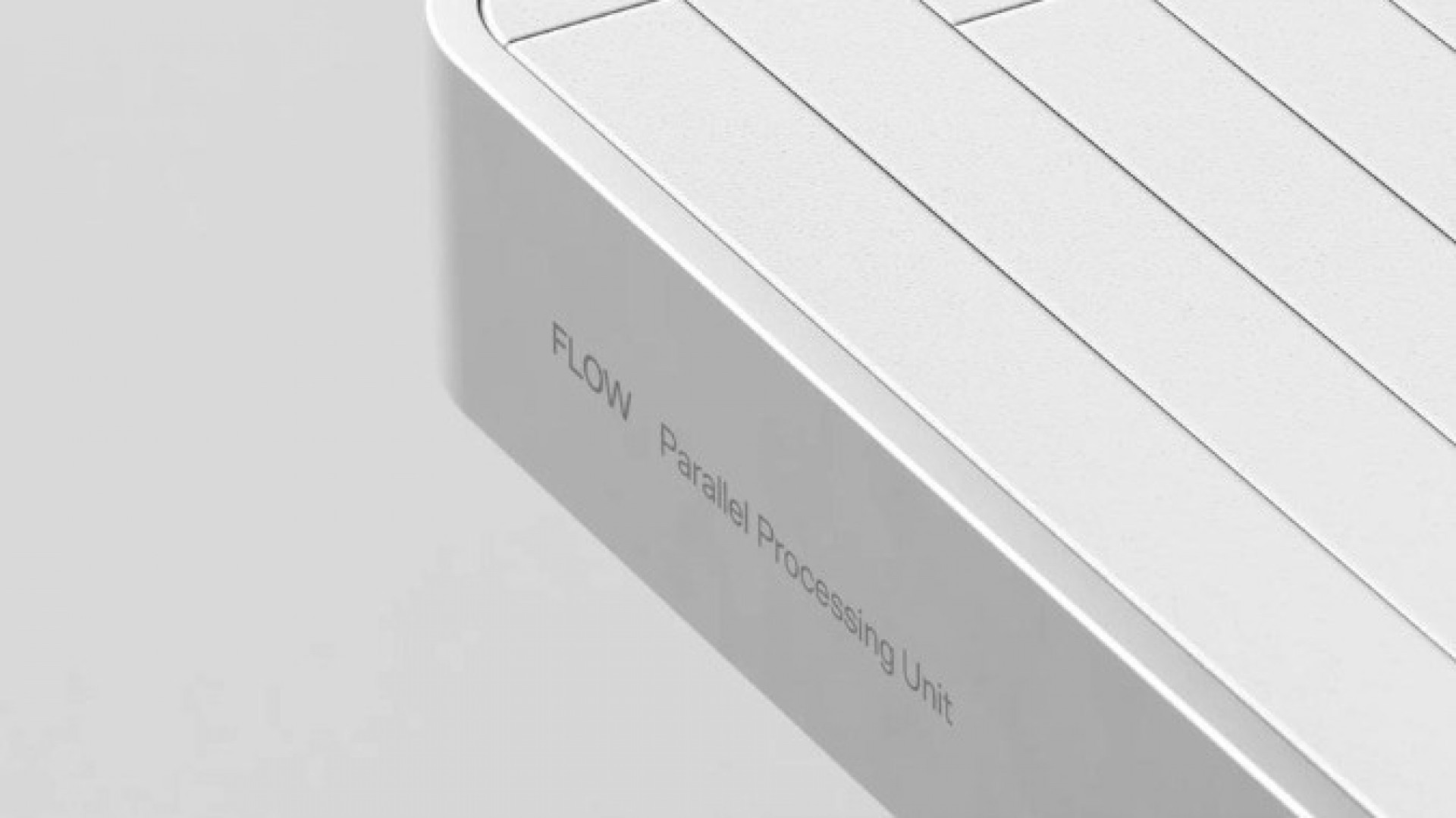The supercomputer Berzelius, hosted at Linköping University, is used for research in fields such as life sciences, machine learning and artificial intelligence. This autumn, the supercomputer will be upgraded thanks to a donation of SEK 125 million from Knut and Alice Wallenberg Foundation.
The national AI supercomputer Berzelius, funded by Knut and Alice Wallenberg Foundation, has enabled breakthroughs in a number of disciplines since it was first announced in 2020. For example, the system has been used to train the large-scale Swedish language model GPT-SW3, enabled research on protein folding, trained new systems for computer vision, and been used to generate synthetic medical images for the training of doctors. Berzelius is an NVIDIA Superpod equipped with 94 DGX A100 systems with 8 A100 GPUs per node.
AI makes upgrade essential
Knut and Alice Wallenberg Foundation has now granted SEK 125 million for an upgrade to the latest GPU architecture in autumn 2024. “The increasing demand and the growing applications of AI make an upgrade of Berzelius essential,” says Peter Wallenberg Jr, chair of Knut and Alice Wallenberg Foundation.
The upgrade is being done to support both current and new user communities. “With an upgrade of Berzelius, and the new supercomputer Arrhenius soon in place, we’re equipped to make a decisive contribution to European research. We are positioning Sweden at the forefront of Europe,” says Vice-Chancellor Jan-Ingvar Jönsson at Linköping University.
Berzelius takes its name from the renowned scientist Jacob Berzelius, who came from Östergötland, the region in which Linköping is located. The current version of the supercomputer was made possible by a donation of SEK 300 million from Knut and Alice Wallenberg Foundation.














